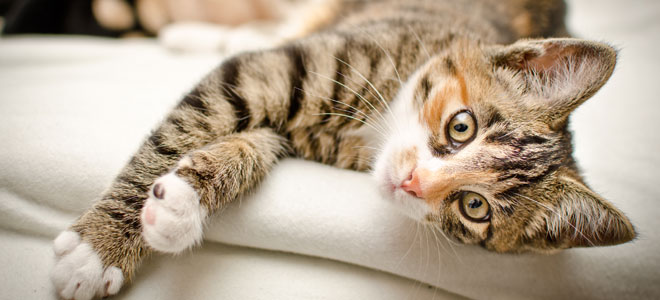Until now we have been looking at the relationship between animals and emotional disorders as a treatment. In other words, we presented companion animals as a good resource to improve our state of mind in cases of depression and anxiety.

But it turns out that emotional disorders are not exclusive to people. Our pets can also present symptoms of anxiety, stress or depression. The treatment, in any case, involves going to the vet. But maybe it will help us a little to understand the reasons for this anxiety in animals.
Reasons for anxiety in animals
Separation anxiety is the most common reason for anxiety in animals, especially dogs. These are animals that have developed a great dependency on the people who care for them and their absence, even for a short period of time, causes them great anguish and nervousness.
In the case of cats, although they always seem somewhat more independent than dogs, this separation anxiety can also occur. In the same way that they can suffer from anxiety disorders when they grow up in an unwelcoming environment, with a lack of care or, on the contrary, overprotection.
Both dogs and cats are especially sensitive to changes in their environment, such as a move, the introduction of another pet at home, the arrival of a new family member or even the absence of a regular person. All these circumstances are reasons for anxiety for animals that are manifested in a significant change in their behavior.
Symptoms and manifestations of anxiety in animals
Incredible as it may seem, animals can develop the same anxiety symptoms as people. That is, palpitations, tremors, nervousness, insomnia, insecurity and aggressiveness. And all of these anxiety symptoms in animals manifest in the form of problem behavior.
It is very common for an anxious dog to bark the entire time its caretaker is away from home. Doing your needs inside the house without waiting to go outside, scratching the door or destroying some furniture are some of the consequences of anxiety in pets, so it is necessary to take the animal to a behavior modification treatment.
An anxious cat also shows a conduct disorder. If your cat has become more aggressive for a while now, if he destroys curtains and cushions and avoids doing his business in his litter, for example, he may be suffering from an anxiety problem. In any case, if you are having problems with your pet’s behavior, it may be that he is not receiving all the love he needs or that certain needs are not being met.






